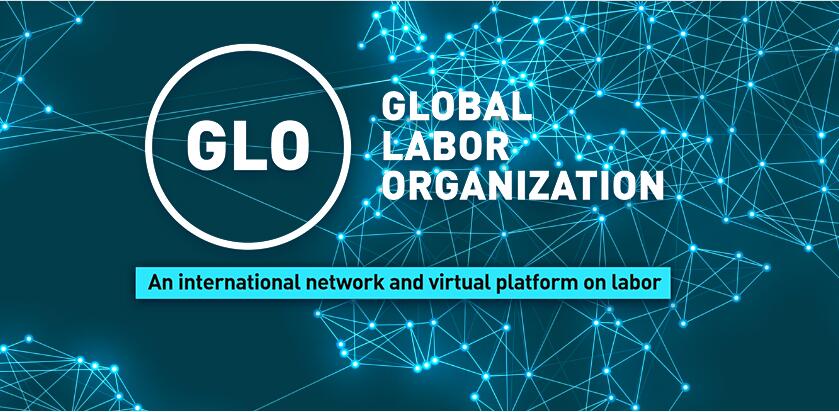Dean of IESR, Professor Shuaizhang Feng has been invited to join the Global Labor Organization (GLO) as one of the first GLO fellows and IESR has joined the GLO as a supporter.

The Global Labor Organization (GLO) (glabor.org) is a global, independent, non-partisan and non-governmental organization, that functions as an international network and virtual platform for researchers, policy makers, practitioners and the general public interested in scientific research and its policy and societal implications on global labor markets, demographic challenges and human resources. These topics are defined broadly to embrace the global diversity of labor markets, institutions, and policy challenges, covering advanced economies as well as transition and less developed countries. GLO aims to establish itself as the world’s leading and global research and policy network on labor, demographics and human resources.
The world faces a rising controversy about the benefits of globalization and international collaborations and it calls for globally oriented evidence-based policy making in addition to globally oriented science. Since the demand for scientifically founded policy advice has been growing in the light of more complex economic processes, independent scientific research, evaluation and monitoring is more important than ever and needs to be based on ethical rules on the profession on research integrity. The Global Labor Organization (GLO) aims to fill a significant gap in the global community between scientific research and evidence-based policy making. To this end as an international network and virtual platform the mission of the GLO is to promote in the realm of labor with an explicit global perspective.
GLO is supported by individuals as well as organizations with a thematic interest and a strong ambition to contribute to an effective global network and to benefit from it. The virtual platform as the home of the network will act as an information source, enable contacts and will build bridges between the different communities with an intrinsic interest in labor, demographics and human resources: academia, policy-makers, business, employees, media and of course civil society and students. It could provide vast online services for communication, joint research projects and remote data processing.
As one of the supporters, IESR will collaborate with GLO on global population and labor market issues and their policy implications, and advice how to strengthen the networks and to benefit from this international platform to promote our relevant research.


